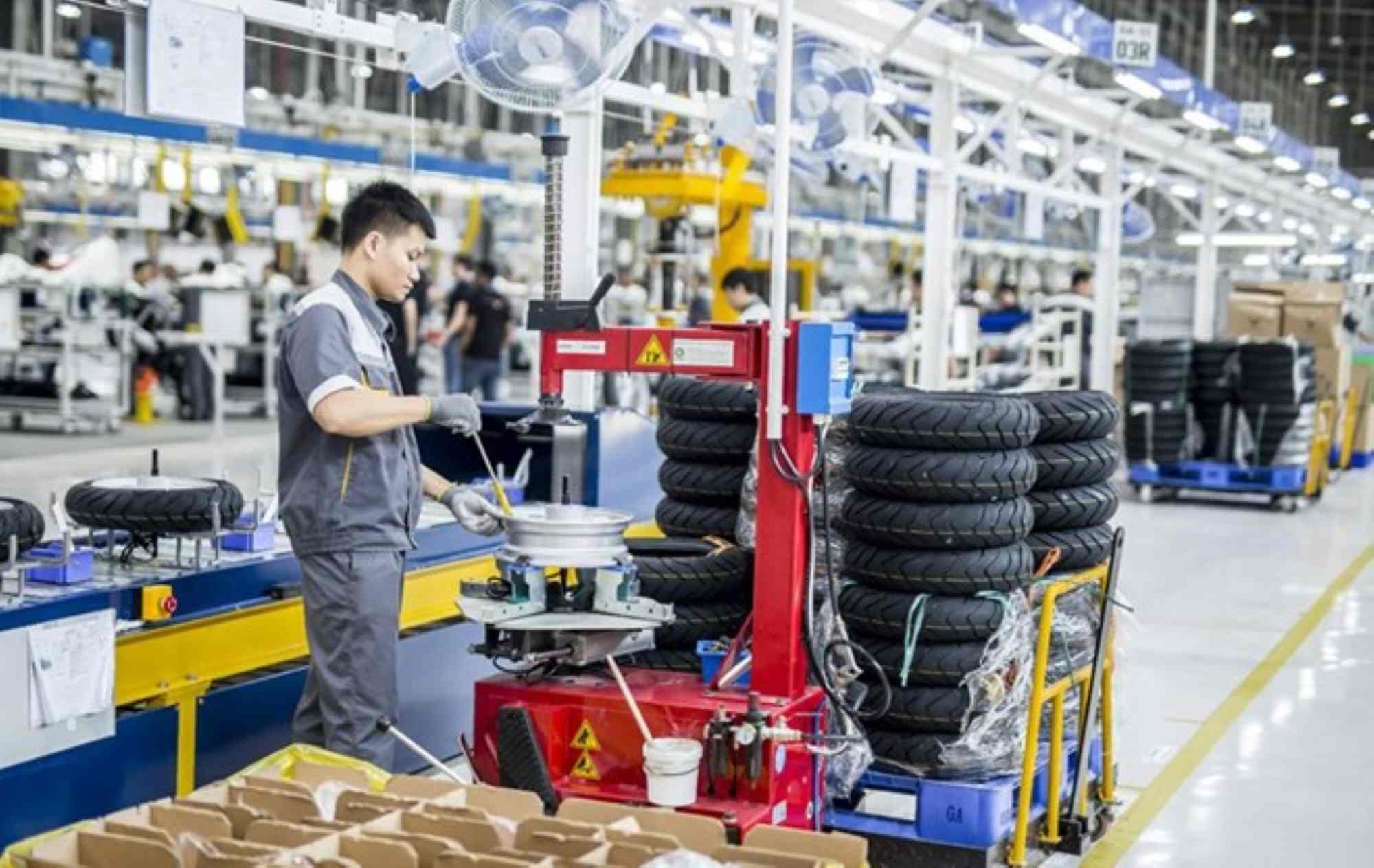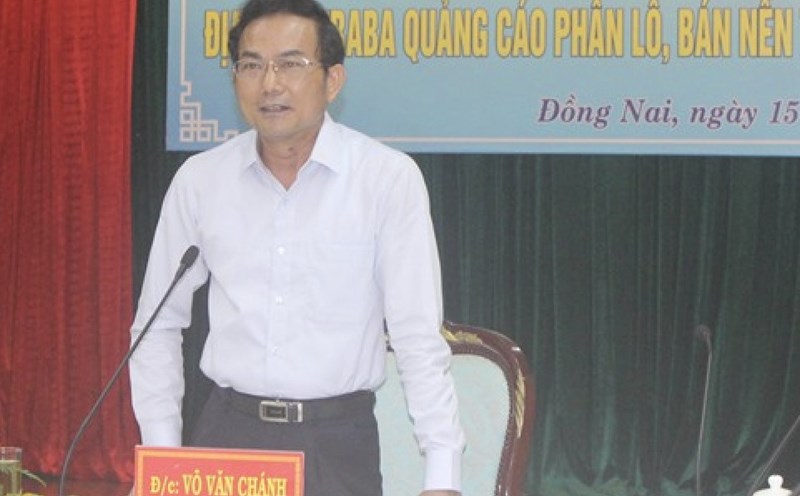Determining the private economy as an important driving force for growth
On the morning of February 19, the National Assembly voted to pass the Resolution supplementing the socio-economic development plan with nearly 97% of delegates in favor. The GDP target for 2025 was adjusted by the National Assembly to over 8%, instead of 6.5-7% as at the end of last year, helping the economic scale to exceed 500 billion USD.
With the GDP growth scenario of over 8%, the private economic sector is expected to contribute about 96 billion USD in the total social investment capital of 174 billion USD. Although investment in this area has increased by 7-9% per year on average, it has recently shown signs of slowing down.
Faced with this situation, the National Assembly assigned the Government to implement solutions to promote the private economy through priority mechanisms and develop large-scale ethnic enterprises. Meanwhile, state-owned enterprises will focus on investing in key projects, creating momentum for socio-economic development and strengthening linkages with the private sector.
In addition to perfecting the legal framework to promote financial, securities, science and technology, real estate markets, etc., the Government needs to urgently remove bottlenecks to unblock capital flows and create favorable conditions for the development of these fields.

Need for an ecosystem that comprehensively supports the private economy
After nearly 40 years of Doi Moi, our country's enterprises have grown strongly in both quantity and quality with more than 940,000 operating enterprises, more than 30,000 cooperatives and over 5 million business households. In 2024 alone, over 233,000 newly established and returning to operation businesses will be recorded, the highest ever.
Some developing enterprises reach regional and world levels; proactively participate and affirm their position and role in global supply chains, contributing to enhancing Vietnam's position and prestige in the international arena. The business force has contributed about 60% of GDP, 98% of total export turnover and created jobs for about 85% of workers nationwide.
In an interview with Lao Dong, Associate Professor, Dr. Nguyen Thuong Lang assessed that the private economic sector still faces many difficulties.
Private enterprises often face many types of complicated taxes and administrative procedures, creating unnecessary burdens, reducing competitiveness and making them more inclined to follow procedures than focusing on production and business. Many private enterprises, especially small and medium enterprises (SMEs), have difficulty accessing capital from banks. Many private enterprises do not have enough management and technology capacity to compete with larger enterprises or FDI enterprises... Associate Professor, Dr. Nguyen Thuong Lang commented.
According to Associate Professor, Dr. Nguyen Thuong Lang, to fully promote the potential of the private economy, a comprehensive support ecosystem is needed, including policies, mechanisms and a favorable business environment. It is necessary to continue to simplify administrative and tax procedures for private enterprises. Building a transparent legal environment and promoting the application of information technology in State management will help reduce the burden on small businesses.
Therefore, there needs to be credit guarantee funds, preferential lending programs, as well as promote capital mobilization channels. Create a mechanism for linking private enterprises with state-owned enterprises and FDI enterprises, helping private enterprises participate more deeply in the global supply chain, improving technological and management qualifications.
"With effective support from policies and innovation from businesses themselves, the private economy will continue to make a strong contribution to the socio-economic development of the country" - Associate Professor, Dr. Nguyen Thuong Lang affirmed.
There must be a mechanism to promote the private economy
Delegate Nguyen Van Than (Thai Binh National Assembly Delegation), Chairman of the Vietnam Association of Small and Medium Enterprises, proposed that the National Assembly and the Government soon issue a resolution regulating coordination and linkage between small and medium enterprises and large enterprises, large enterprises, and FDI enterprises. The delegate suggested that it is necessary to trust and assign tasks to private enterprises because private enterprises are now "big".
To achieve the growth target, at the 9th Extraordinary Session, according to Politburo member and National Assembly Chairman Tran Thanh Man, the key issue is to have a mechanism to promote the private economy. Because of the total investment in society, private investment accounts for 55%. "This is a decisive factor for the growth target of 8% or more, not public investment," said the National Assembly Chairman, adding that recently, most localities have relied on the central budget and local budgets for investment, so there has not been strong growth. When private investment develops, it will push the economy forward.
Pham Dong











